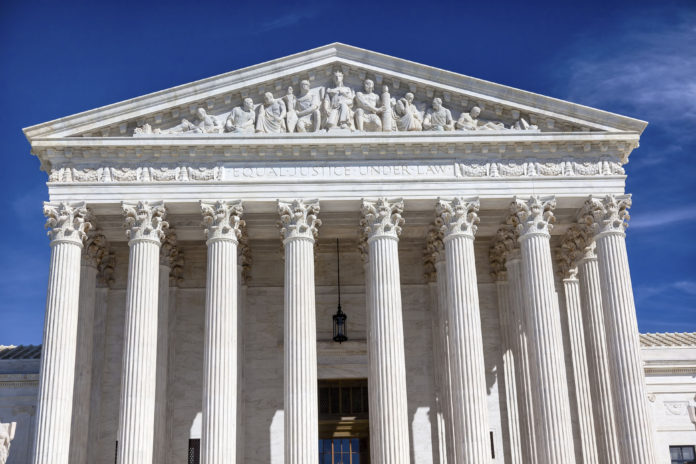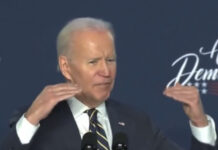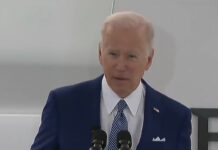The United States Supreme Court has agreed to hear and decide on the legality of President Donald Trump’s most recent travel ban in April of this year. The travel ban targets six countries that have a Muslim majority. Justices on Friday said that they will take a look at the government’s appeal of the latest version in April. They would then give a final ruling on the matter in late June.
Trump’s travel ban has had its fair share of rejections and strikes downs in lower courts over the past year. The most recent of rulings was in December 2017. The federal appeals court in San Francisco ruled that Trump’s travel ban announced in September violated the federal immigration laws. The federal appeals court in Richmond is also looking to strike down the ban. Last month, however, the high court decided that the ban could be enforced fully as appeals made their way through the courts.
This third version of President Trump’s travel ban will affect travelers from these six countries: Yemen, Syria, Somalia, Libya, Iran, and Chad. It is also intended to ban North Korean travelers and specified government officials from Venezuela from entering the United States. According to the policy, the 6 countries were selected because they “remain deficient at this time with respect to their identity-management and information-sharing capabilities, protocols, and practices. In some cases, these countries also have a significant terrorist presence within their territory”. The policy maintains limits on granting visas to these travelers. The original version of Trump’s travel ban limited granting visas to travelers from Iran, Iraq, Syria, Yemen, Somalia, Sudan and Libya for a 90 day period. It also stopped refugee settlement for 120 days and banned Syrian refugees indefinitely. The policy was then revised in March, taking Iraq off the list of barred immigrants. In September, Sudan too was removed from the list.
Those who are opposing this travel ban insist that it is discriminatory and unconstitutional. They add that in making it law, Trump will have exceeded his legal authority. Supporters, on the other hand, say that Trump is simply fulfilling his promises to the American people – protecting them and defending national security.
The Supreme Court that has a conservative majority will give a ruling on the policy. This will determine whether the travel ban violates federal immigration laws or is unconstitutional.




